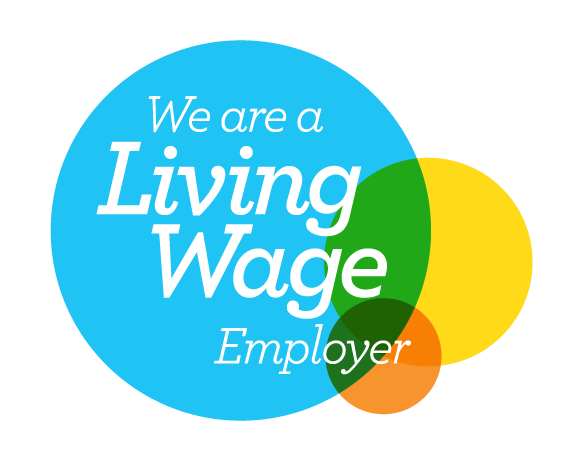Climate Transition Plans: What leaders need to know.
The UK government is consulting on making climate transition plans mandatory for large businesses, including FTSE 100 companies and financial institutions. This initiative is part of the effort to align with the UK Government’s net zero goals, framed in the Paris Agreement, and improve transparency for investors.

Why it matters
As a business leader, you're under growing pressure to provide more detailed decarbonisation information, decarbonise your supply chain, and meet client sustainability expectations. In addition to regulatory pressures, investors are increasingly focused on environmental, social, and governance (ESG) factors. Failure to develop a credible climate transition plan could affect investor confidence and, ultimately, your business’s access to capital. Stricter regulations around Scope 3 emissions and sustainability criteria are also contributing to the urgency.
What is a Climate Transition Plan?
A climate transition plan outlines how your business will reduce its greenhouse gas emissions and meet net-zero goals. These plans should include:
- Clear, measurable targets to reduce emissions across all business areas, including Scope 1, 2, and 3.
- A roadmap for achieving these targets, considering potential barriers and opportunities.
- Details on who within the organisation is responsible for delivering on these targets.
- Identification of climate-related risks and how to mitigate them.
Who is Affected by TPT Requirements?
The Transition Plan Taskforce (TPT) will likely apply to large, listed businesses and financial institutions, with mandatory transition plans required by 2026. However, even if your business is not directly in scope, you may be affected as a supplier. Many companies are already requiring their suppliers to demonstrate climate action plans as part of their own sustainability targets. If you’re part of a supply chain linked to a company in scope, you may be asked to align with their sustainability requirements, which could include implementing your own climate transition plan.
The Transition Plan Taskforce (TPT)
The UK Transition Plan Taskforce (TPT) is a key body guiding businesses on how to create these plans. The TPT has developed a Disclosure Framework to help companies disclose their transition plans in a consistent and transparent manner. Additionally, the TPT has released sector-specific guidance to help businesses in various industries develop tailored plans that align with the unique challenges they face.
Timeframes for compliance
The UK government is working towards making climate transition plans mandatory. While the requirements are not yet final, businesses are encouraged to start planning now to ensure they meet future compliance needs. A consultation period focused on the design and practicalities of implementing future requirements began in June 2025, with responses required by September. After which a clearer understanding of the final regulations is anticipated.
In the meantime, adopting a proactive approach is essential. By starting to develop your transition plan now, you can stay ahead of regulatory changes and demonstrate leadership in sustainability.
What you need to do
- The government’s consultation proposes mandatory climate transition plans that would require businesses to disclose their emissions reduction strategies. Be prepared to align with these regulations in the near future.
- Even if not yet legally required, it’s wise to start developing your transition plan. A solid plan can demonstrate your commitment to sustainability, improve your reputation, and position your business as a leader in your industry. It can also strengthen your disclosures against other compliance regimes, such as the Task Force on Climate-Related Financial Disclosures (TCFD).
- The TPT’s Disclosure Framework and sector-specific guidance offer practical advice and tools to help you create a robust climate transition plan. Optimised can help you decipher the guidance, create and roll out a framework for your organisation.
Conclusion
With mandatory climate transition plans on the horizon, businesses that act now will be better positioned to comply with future regulations and capitalise on the benefits of sustainability. Taking proactive steps today ensures you stay ahead of the curve, build investor confidence, and strengthen your business’s position in an increasingly environmentally conscious market.

Article by Johanna Bailey-Watson
Head of Reporting
Jo has over 10 years of experience working across the private and public sector. At Optimised, she heads up our Sustainability Reporting team, supporting a range of clients with their regulatory and voluntary reporting requirements. Jo brings her insights and experience as an ESG Controller at a global FTSE 100 to support clients with their sustainability data and disclosures. In this role she led compliance with TCFD, CSRD and oversaw the sustainability report included in financial statements. As a qualified accountant and former Head of Internal Audit at the Office for National Statistics, she has a keen eye for well-designed processes and controls.
BOOK YOUR 30-MINUTE ENERGY MANAGEMENT CONSULTATION
Fill in your details below to arrange a complimentary consultation with one of our experts. They will give you bespoke advice to help your business achieve all its energy needs, reducing cost, consumption and carbon.









